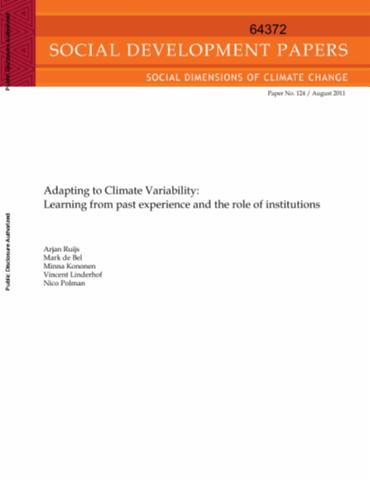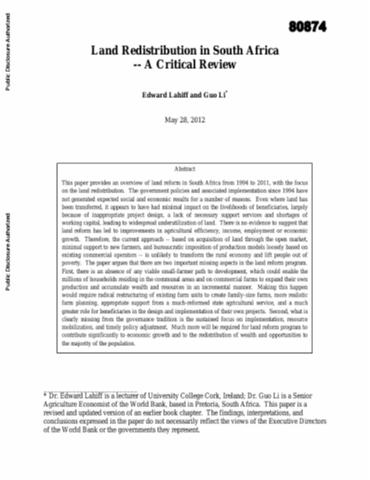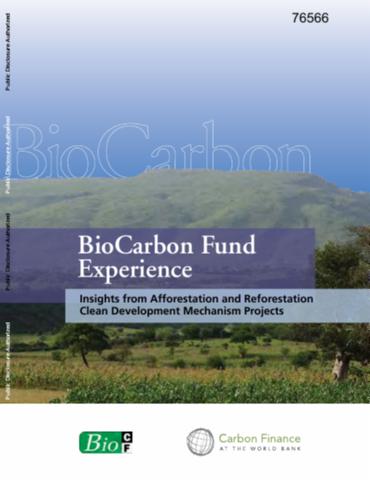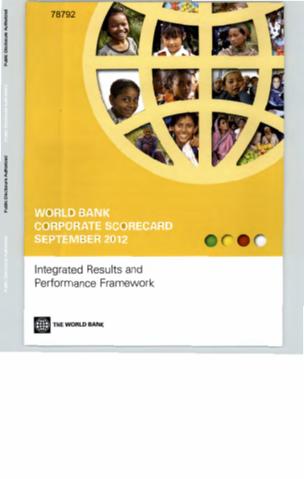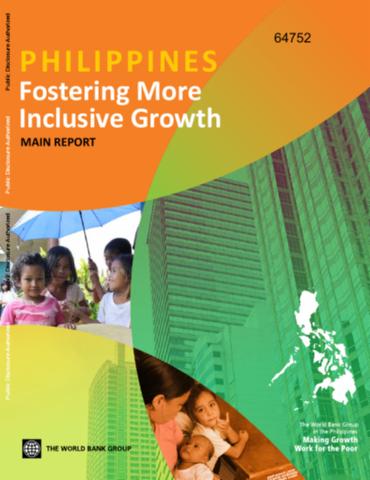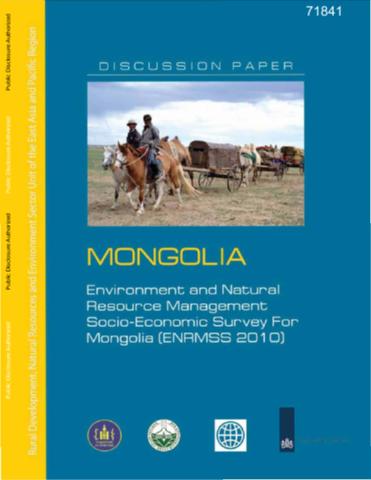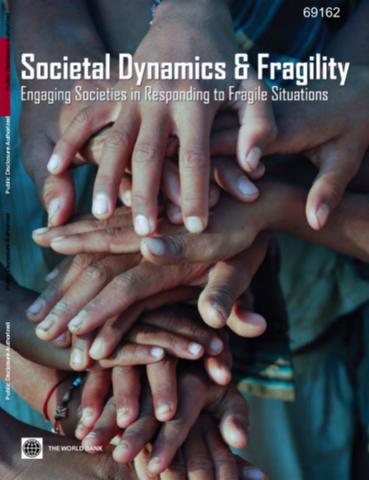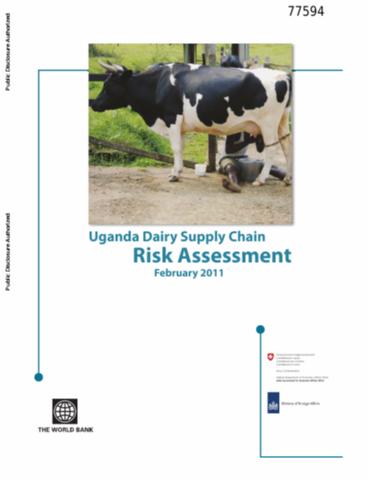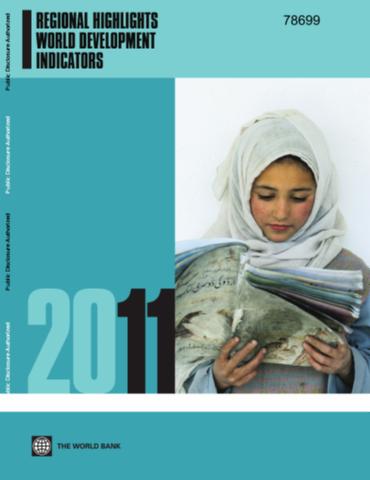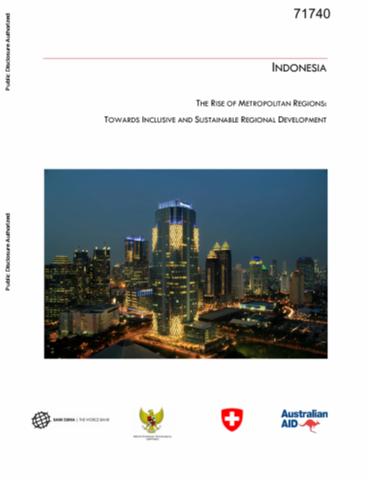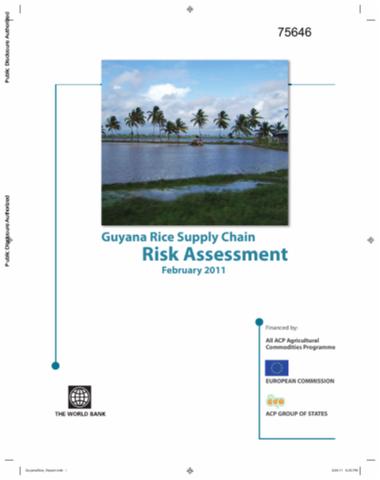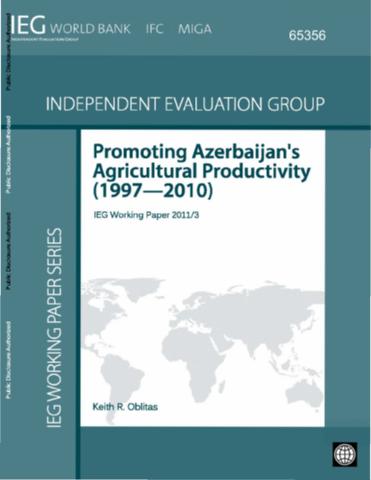Adapting to Climate Variability
Adaptation to human-induced climate change is currently receiving a lot of attention in international development circles. But throughout human existence, natural resource-dependent people have exploited and coped with the effects of climate variability on the ecosystems from which they derive a living. Learning from this experience can help inform the design of appropriate policies for responding to human-induced climate change.

